- About ERVO
- Members
- Meetings
- Relevant Links
| Ocean Facilities Exchange Group - OFEG Represents Europe’s leading oceanographic research organisations and provides a forum to consider barter exchange and co-operation opportunities for the Global and Ocean Class research fleet. OFEG aims to maximise the overall scientific output using its state-of-the-art facilities in support of the worldwide oceanographic community. |
|
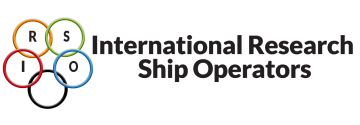 |
International Research Ship Operators - IRSO Group of research ship operators representing 49 organisations from 30 countries who manage over 100 of the world’s leading marine scientific research vessels. RSO membership is open to all research ship operating institutes or national research programmes that are engaged in the collection of data from ships at sea, and follow established protocols for the open publication of their results. |
 |
University-National Oceanographic Laboratory System - UNOLS Organization of 62 academic institutions and National Laboratories involved in oceanographic research and joined for the purpose of coordinating oceanographic ships' schedules and research facilities. |
 |
European Global Ocean Observing System - EuroGOOS EuroGOOS is a pan-European ocean observing network operating within the context of the Global Ocean Observing System of the Intergovernmental Oceanographic Commission of UNESCO (IOC GOOS). |
 |
European Centre for Information on Marine Science and Technology - EurOcean EurOcean is a focal point for information on marine science and technology in Europe and its Internet portal is aiming to provide information on topics related to marine science and technology in Europe with a priority given to two main domains: marine research infrastructures and European research, technology and development information. |
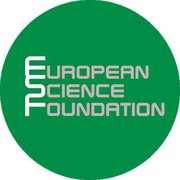 |
European Science Foundation- ESF ESF is committed to achieving the highest quality science in Europe to drive progress in research and innovation. |
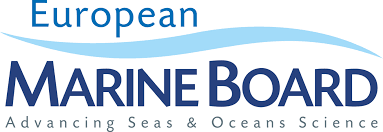 |
European Marine Board - EMB The European Marine Board provides a platform for its member organizations to develop common priorities, to advance marine research and to bridge the gap between science and policy, in order to meet future marine science challenges and opportunities. |
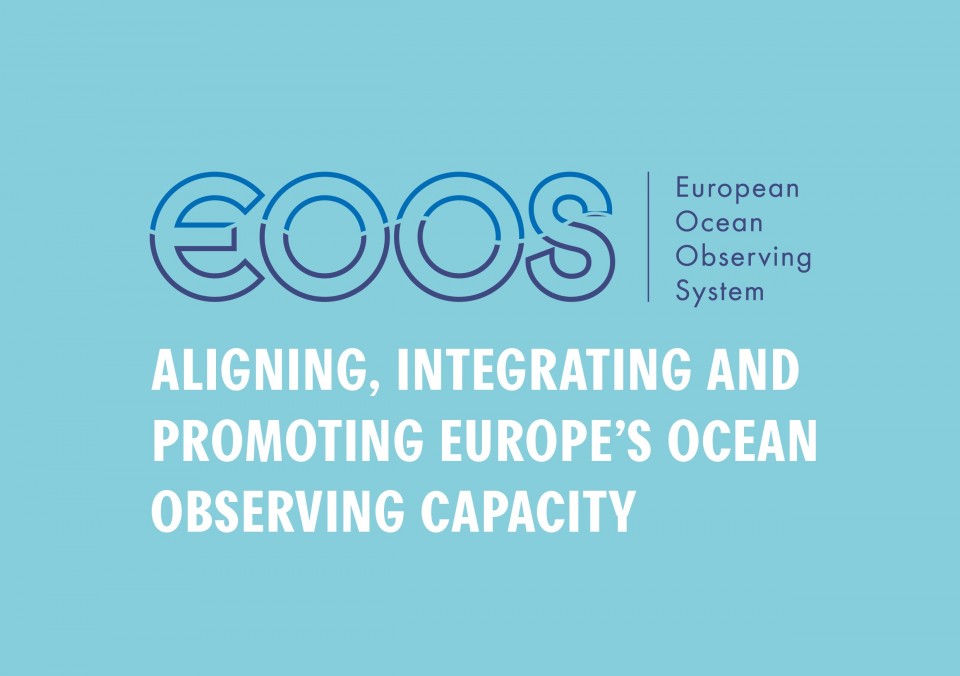 |
European Ocean Observing System- EOOS A coordinating framework designed to align and integrate Europe’s ocean observing capacity; promote a systematic and collaborative approach to collecting information on the state and variability of our seas; and underpin sustainable management of the marine environment and its ressources. |
 |
European Polar Board - EPB The EPB’s mission is to coordinate European Arctic and Antarctic research, optimize the use of European research infrastructures, foster multilateral collaboration between European national funding agencies, national polar institutes and research organizations and represent polar issues within European research framework programmes. |
 |
Partnership for Observations of the Global Oceans - POG0 The Partnership for Observation of the Global Oceans, POGO, is a forum created in 1999 by directors and leaders of major oceanographic institutions around the world to promote global oceanography. Of particular focus is the implementation of an international and integrated global ocean observing system. |
 |
European Marine Observation and Data Network - EMODNET The European Marine Observation and Data Network (EMODnet) consists of more than 100 organisations assembling marine data, products and metadata to make these fragmented resources more available to public and private users relying on quality-assured, standardised and harmonised marine data which are interoperable and free of restrictions on use. EMODnet is currently in its second development phase with the target to be fully deployed by 2020. |
 |
European Multidisciplinary Seafloor and water-column Observatory - EMSO EMSO consists of ocean observation systems for long-term, high-resolution, (near) real-time monitoring of enviromental processes including natural hazards, climate change, and marine ecosystems. EMSO observatory nodes have been deployed at key sites around Europe, from the Arctic to the Atlantic, through the Mediterranean, to the Black Sea. |
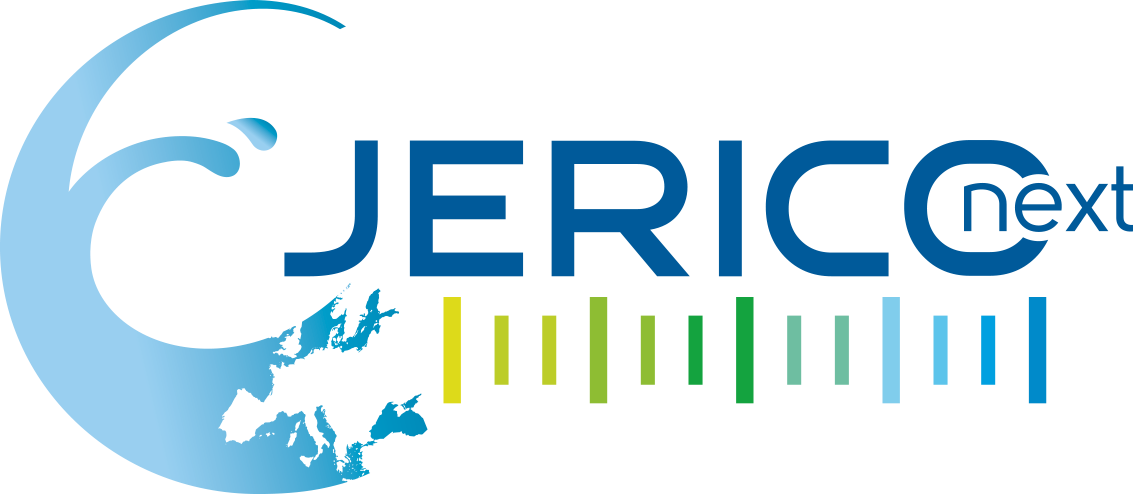 |
Transnational Access Program - JERICO-NEXT JERICO-NEXT consists in strengthening and enlarging a solid and transparent European network in providing operational services for the timely, continuous and sustainable delivery of high quality environmental data and information products related to marine environment in European coastal seas. |
 |
New operational steps towards an alliance of European research fleets - Eurofleets2 Aiming at consolidating the construction of a pan-European distributed research fleet infrastructure with common strategic vision and coordinated access to European marine research vessels and equipment. |
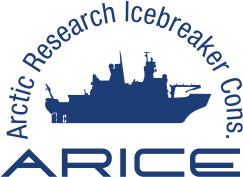 |
An international collaboration strategy for meeting the needs of marine based research in the Arctic - ARICE Arice aims at providing European researchers with better RI capacities for the Arctic. |
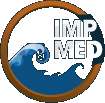 |
Integrated Maritime Policy in the Mediterranian - IMP-Med The project’s overall objective is to improve governance of maritime affairs in the Mediterranean sea- basin by promoting and achieving a more integrated and co- ordinated approach to policies impacting on the sea in each of the beneficiary countries and encouraging further co-operation on marine and maritime affairs at regional level and implementation of agreed provisions. |
 |
Mediterranean Integrated STudies at Regional And Local Scale - MISTRALS It aims to coordinate, across the Mediterranean Basin, interdisciplinary research on atmosphere, hydrosphere, lithosphere and paleo-climate, including environmental ecology and social sciences. The objective is to achieve a better understanding of the mechanisms shaping and influencing landscape, environment and human impact of this eco-region. |
 |
NTowards Integrated Marine Research Strategy and Programmes - SEAS-ERA SEAS-ERA aimed at coordinating the national and regional RTD activities. |
 |
INMARTECH Symposia A forum for marine technicians to meet, and exchange knowledge and experiences, aiming to improve equipment performance, equipment deployment, and operational techniques during scientific cruises on research vessels. |